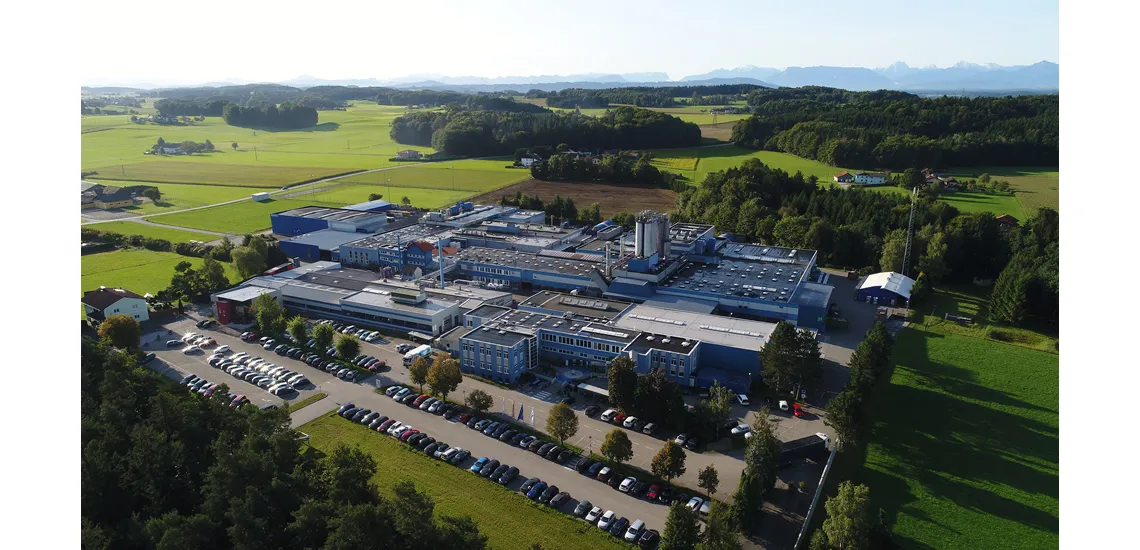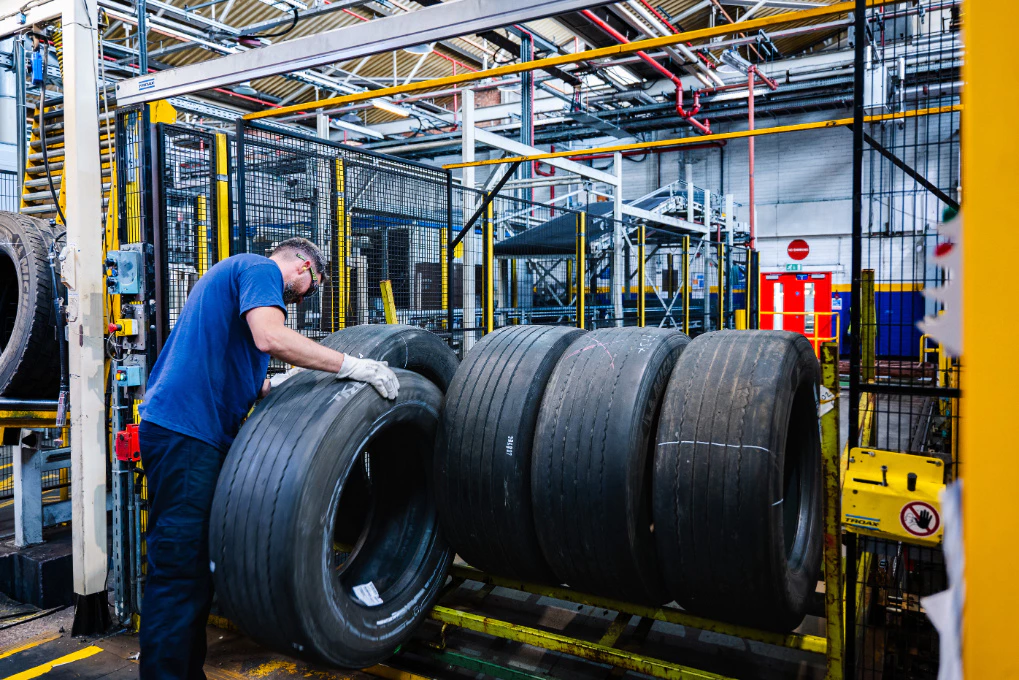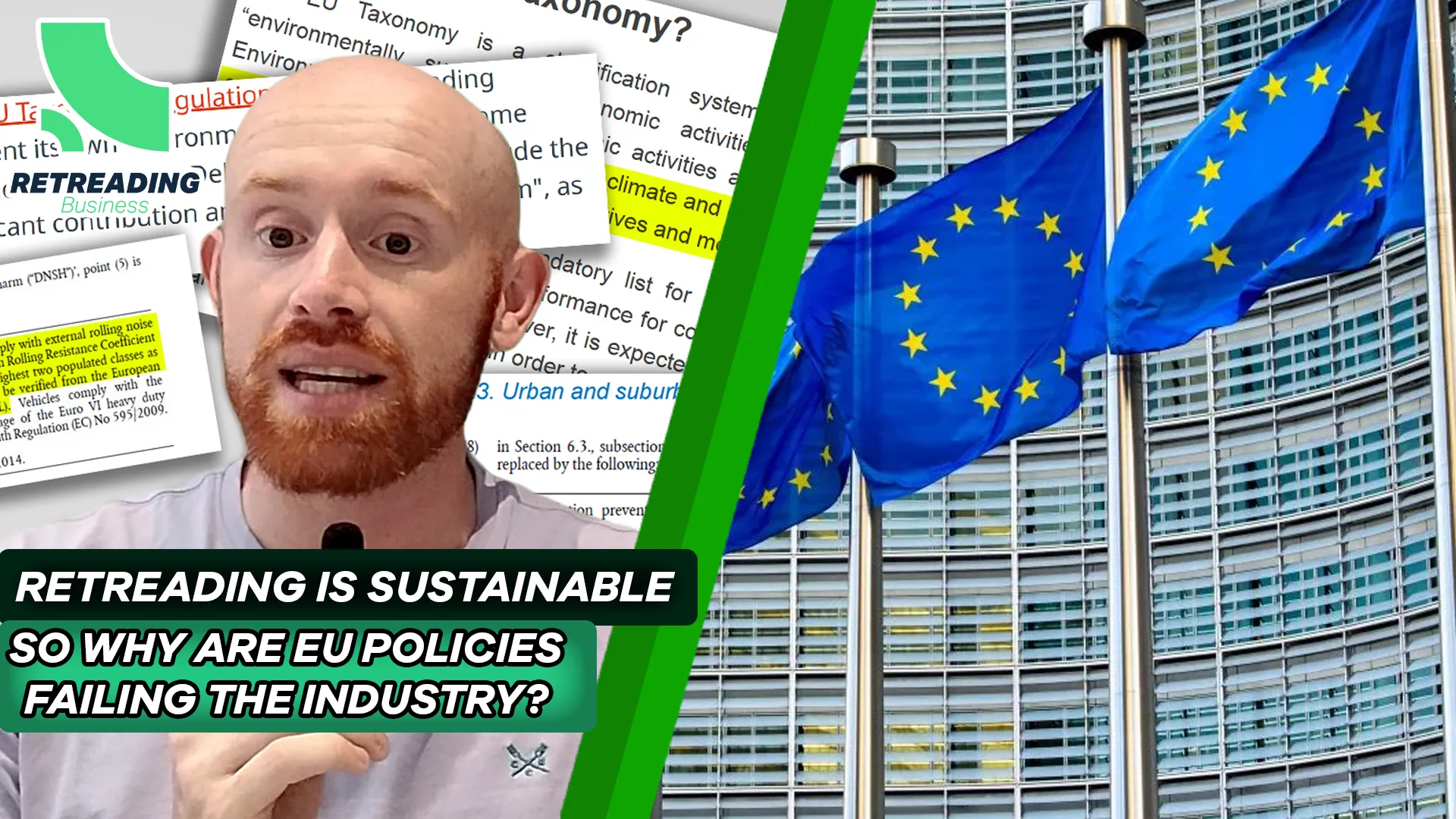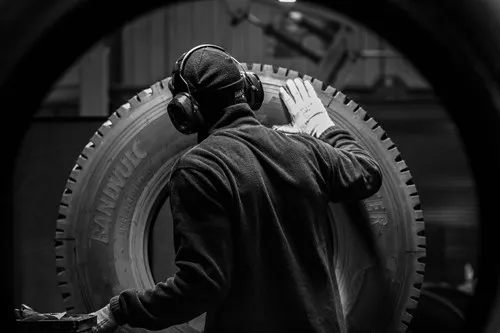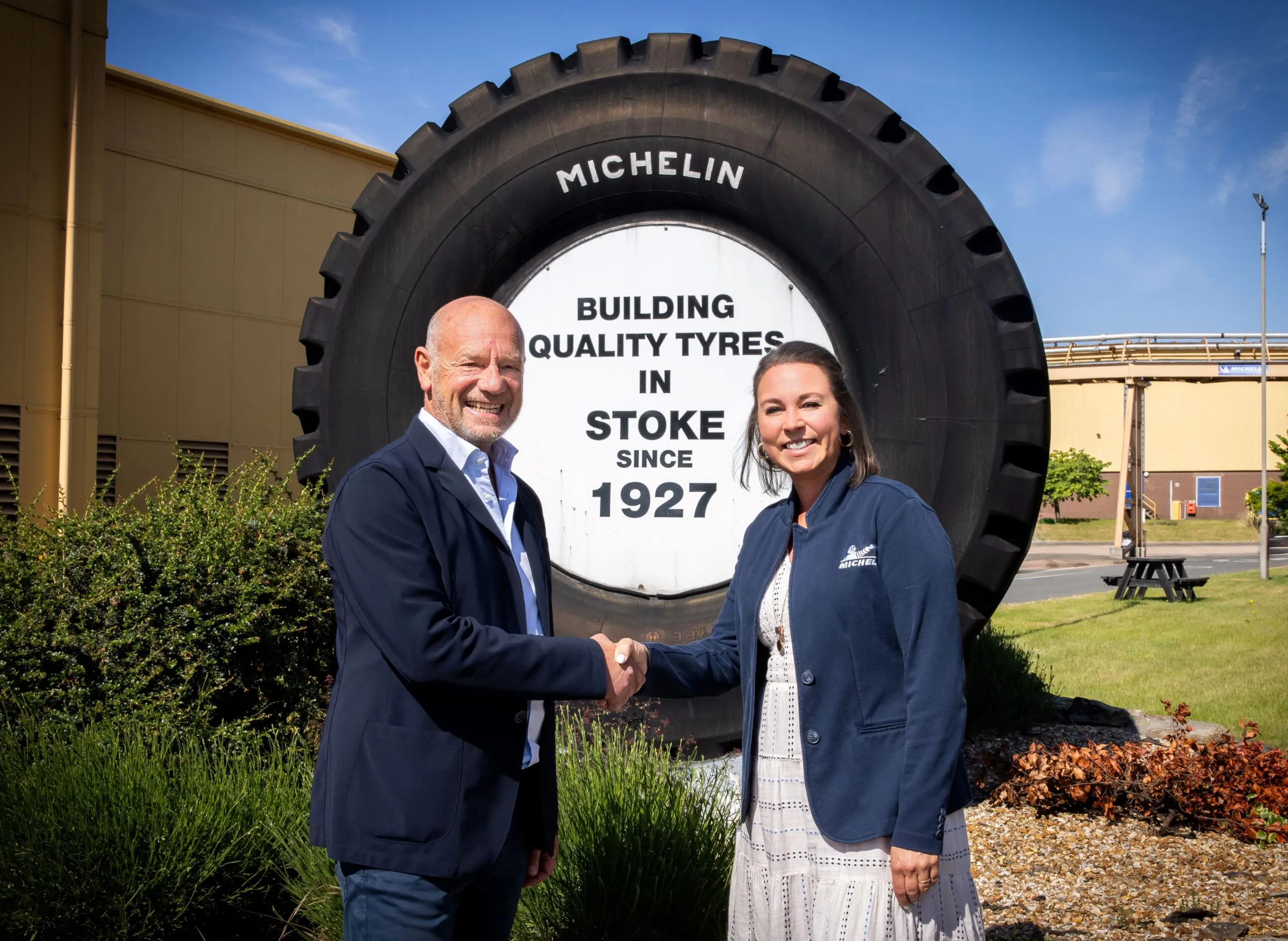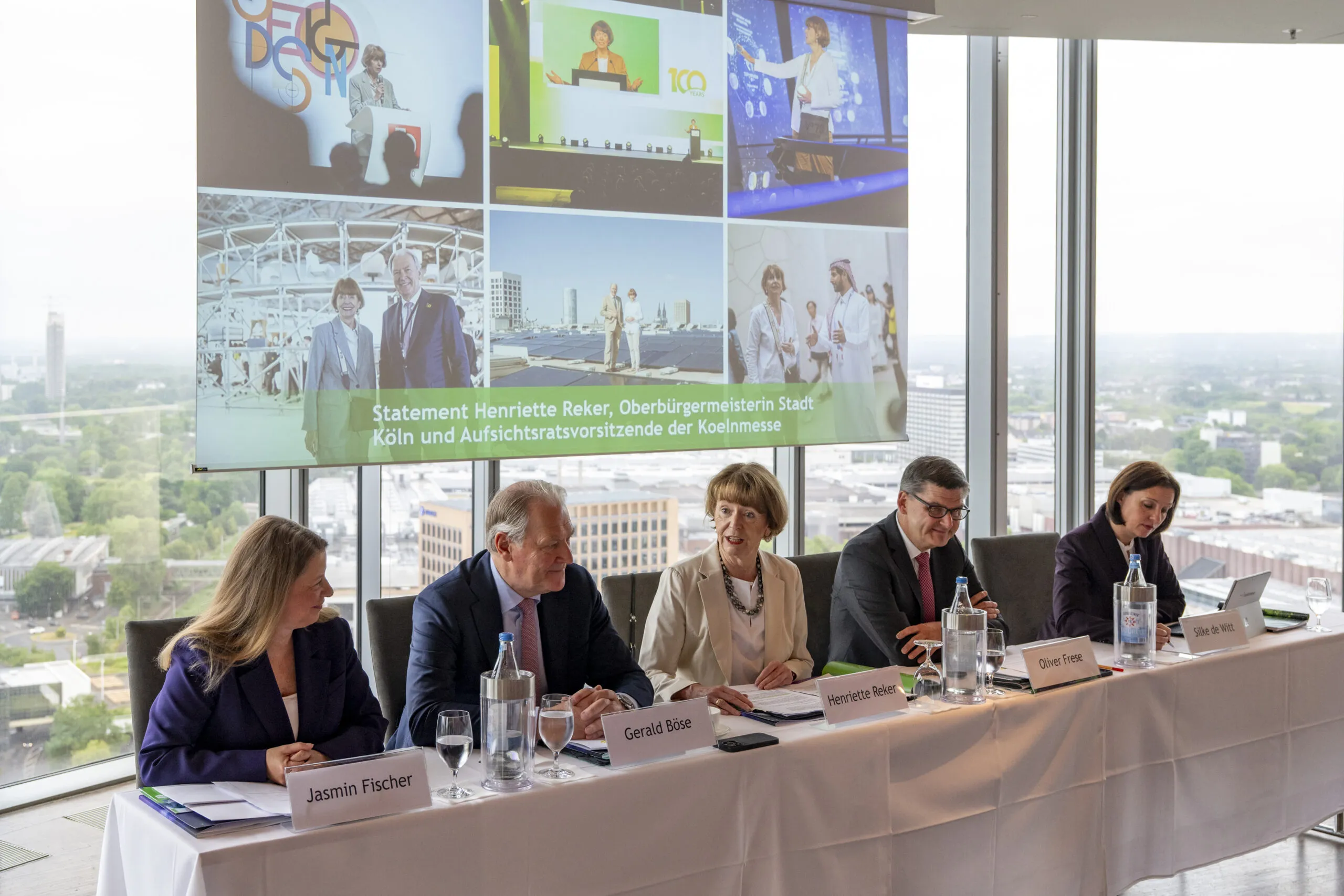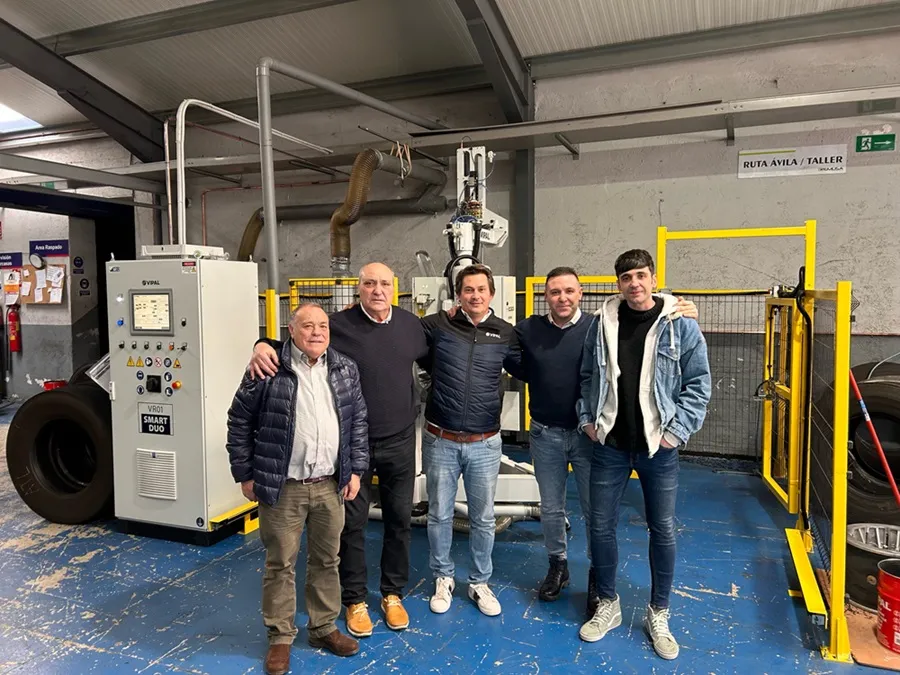KRAIBURG Austria has announced a realignment of its environmental policy in line with the company’s strategy of becoming what Managing Director Stefan Mayrhofer calls “a motor for sustainable solutions in the rubber industry.”
New Environmental Policy at KRAIBURG
In order to achieve this, the company has set about defining key topic areas for current and future measures with the improvement of environmental performance being based on the premise ‘eliminate – reduce – compensate’.
“The primary question is whether we can avoid an environmental impact,” explained Mayrhofer. “If this is not the case, the focus will be on reduction. And if this is not feasible either, we will investigate suitable compensation measures.”
The first milestone of the new environment strategy is the EMAS III certification which was successfully completed recently. The EU environment management system (Eco-Management and Audit Scheme) is based on ISO 14001 but includes additional requirements for an open dialogue with the public. KRAIBURG Austria will therefore be publishing an environment declaration with key indicators for environmental performance shortly.
At KRAIBURG, the consumption of electrical and thermal energy, consumption of raw materials and resources as well as emissions into the atmosphere, among other things, were identified as key aspects with a direct environmental impact. The use of electrical and thermal energy has a significant impact on environmental performance and these forms of energy are responsible for the majority of CO2 emissions at the Geretsberg site. For economic reasons, the company has always paid attention to minimisation. In the future, the switch to ‘green power’, but above all a further reduction in energy demand should contribute to the continuous improvement of environmental performance, for example through energy-saving equipment and process optimisation.
The majority of raw materials used (>90%) is used for product manufacturing at KRAIBURG Austria. Auxiliary and operating materials (e.g. packing materials) play a minor role but are nevertheless continuously analysed for optimisation potential. To this end, the company will in future examine the raw materials of various manufacturers or suppliers with regard to their environmental impact. Another key indicator is the company’s carbon footprint, which external experts will now determine annually in order to monitor the targeted improvements. In parallel, KRAIBURG Austria is committed to a substantial reduction in CO2 emissions by participating in the international “Science Based Targets” initiative (science-based approach to limit global warming to a maximum of 2° Celsius).
Environmental aspects with an indirect effect
To manufacture products, KRAIBURG uses natural rubber as the most important material on the one hand and mainly synthetic, oil-based raw materials on the other. Meanwhile, the tyre industry, as the largest consumer of natural rubber, is striving to ensure sustainable production. To this end, the initiative GPSNR (Global Platform for Sustainable Natural Rubber) was founded, which, among other things, works to ensure that no further rainforest areas are sacrificed. KRAIBURG supports this initiative and is a member of the GPSNR. At the same time, the company sees it as a key task in the development of its tyre compounds to achieve continuous improvements in the parameters of rolling resistance and mileage – taking into account the different vehicle types, areas of application and load situations as well as other relevant product properties, for example wet skidding properties, winter properties and braking behaviour.
The rolling resistance of tyres has a major influence on the fuel consumption of vehicles. It is influenced, among other things, by the rubber compound of the tread, which is why a manufacturer of tread compounds can also make a difference here. A second essential factor is the mileage of the tyres: the higher the mileage of the tyres, the lower the material consumption. This helps to conserve resources used. In contrast to new tyres, retreads are not yet allowed to carry a tyre label for legal reasons, on which, among other things, information on rolling resistance is given. To enable consumers to compare different products, a tyre label for retread tyres is currently being developed at European level. KRAIBURG Austria is actively involved in the development of the guidelines in the relevant committees.
Motivated team as critical success factor
The company is aware that these ambitious goals can only be fully implemented if the staff are fully behind them. To this end, KRAIBURG Austria is now offering further education and training courses designed to anchor sustainable thinking and action in the company and to bring about changes through identification processes which employees can also implement at home. “An essential factor in the KRAIBURG success story was and is our unconditional commitment to development and innovation,” summed up Stefan Mayrhofer. “In this way, we will continue to set standards in the choice of raw materials, the development of new products and materials, and the use of innovative, “ecological” manufacturing technologies, thus steering the company towards a sustainable future.”

